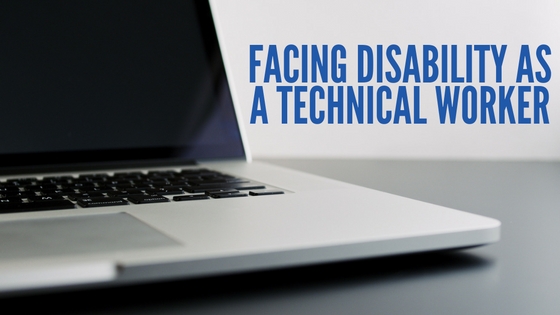Facing disability as a technical worker

If you work in the information technology sector, you probably don’t worry often about getting injured in the workplace and facing a disability because of that injury. Many IT workers tend to sit at desks for long periods of time as they manage reports, databases, programs or networks. However, there are still ways IT workers can be injured in the workplace.
As an IT worker, you might be someone who installs or manages hardware. That can include carrying or lifting heavy or awkward pieces of technology. You might also have to crawl under desks or other furniture or reach behind or beyond items to handle cables or get to outlets. All of these actions can lead to injuries that range from minor pulled muscles to pinched nerves that can cause long-term pain.
Even if you aren’t carrying, lifting or reaching, you could experience an injury simply by sitting and typing. Carpel tunnel syndrome is a repetitive stress injury that is one of the more common disability injuries for workers in the IT sector. You could also experience issues with vision or your musculoskeletal system because of sitting at or staring at the computer for long hours.
Tech workers are often in short supply, which means those that are hired often work longer hours to keep up with needs within an organization. Putting those long hours in might help you get a promotion or pad your wallet, but they can also be a factor in leading to a workplace injury and disability. Planning for a potential disability, and understanding your short-term and long-term options is important, even if you work a desk job. If you are dealing with an injury or condition that keeps you from working, consider talking to a Seattle disability law professional to understand your options.


